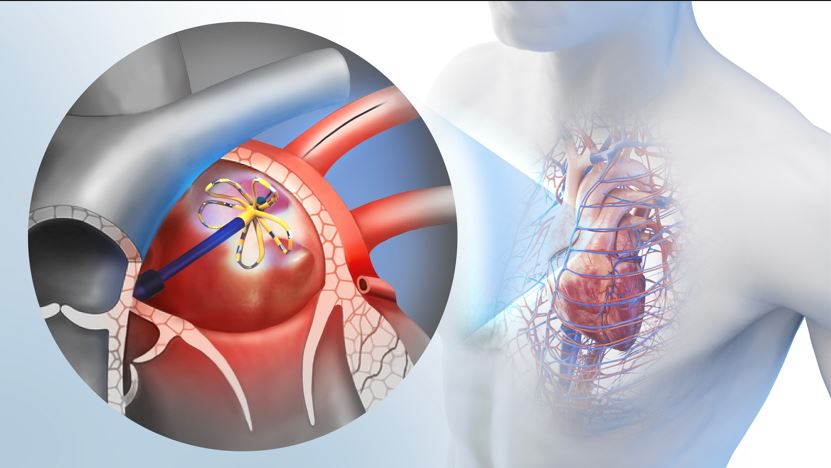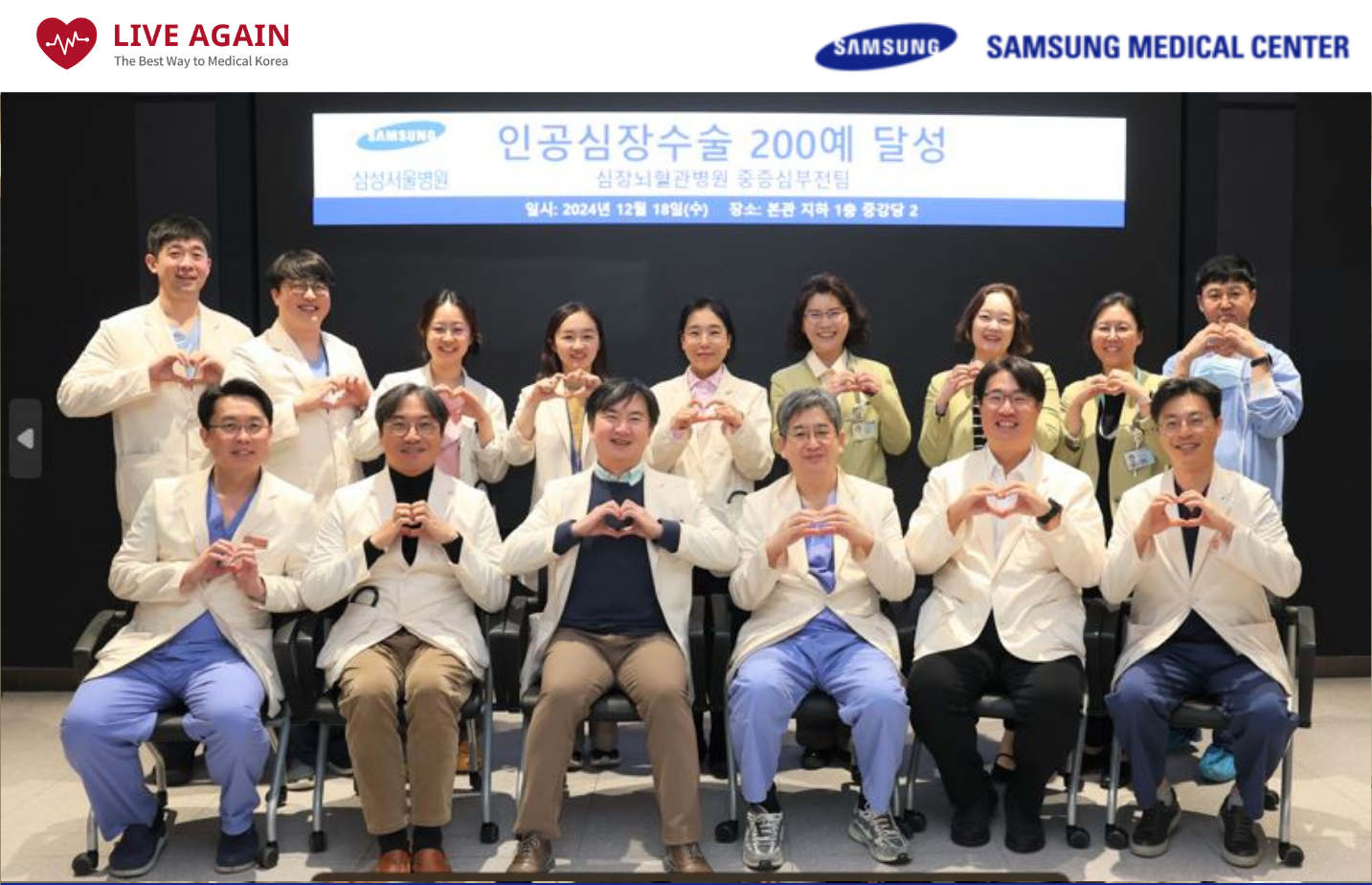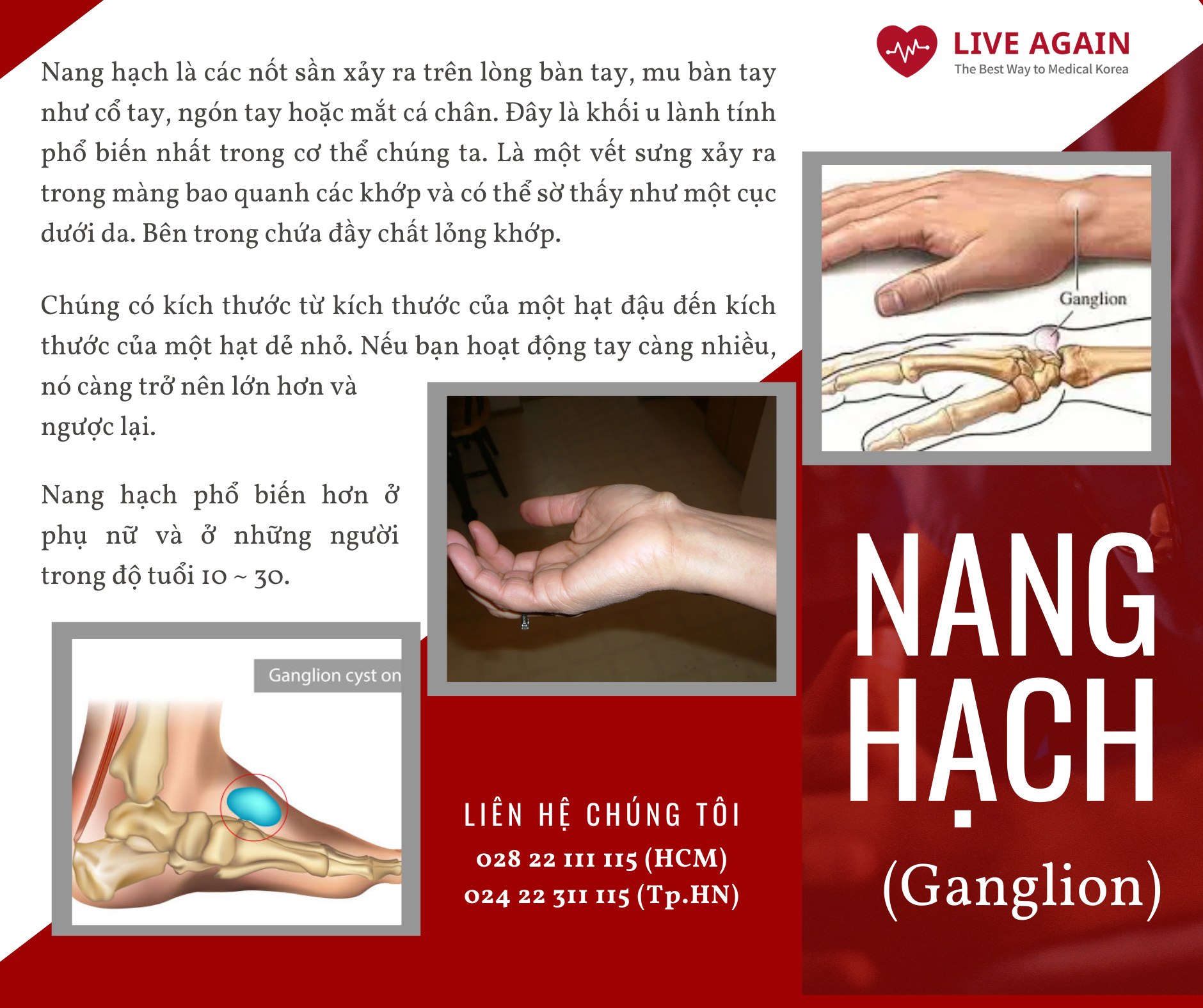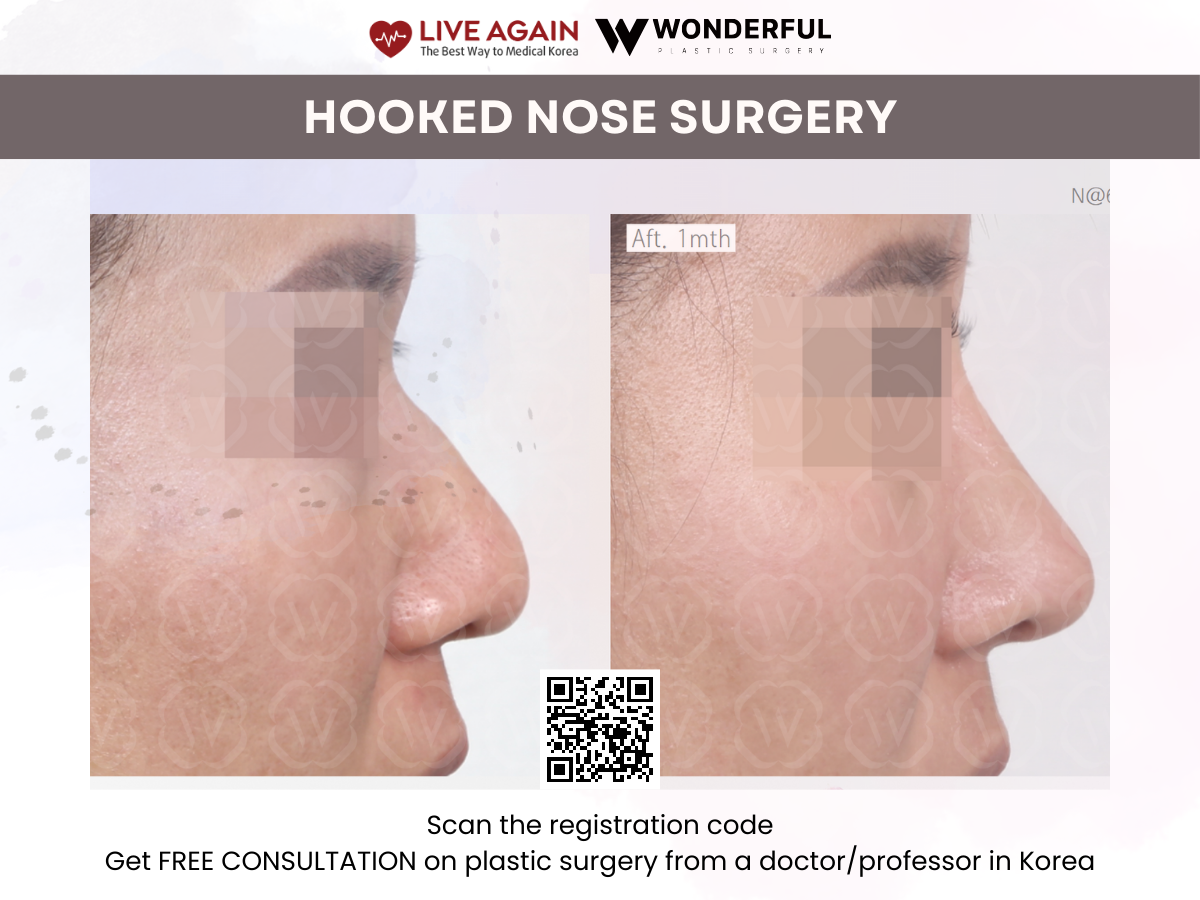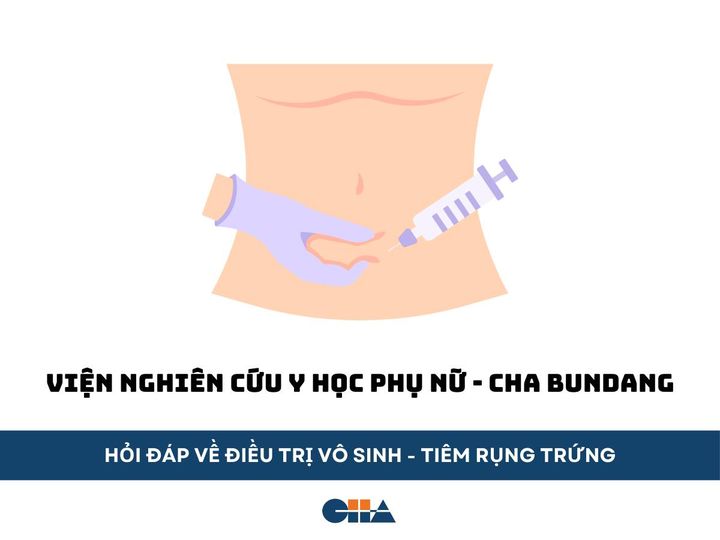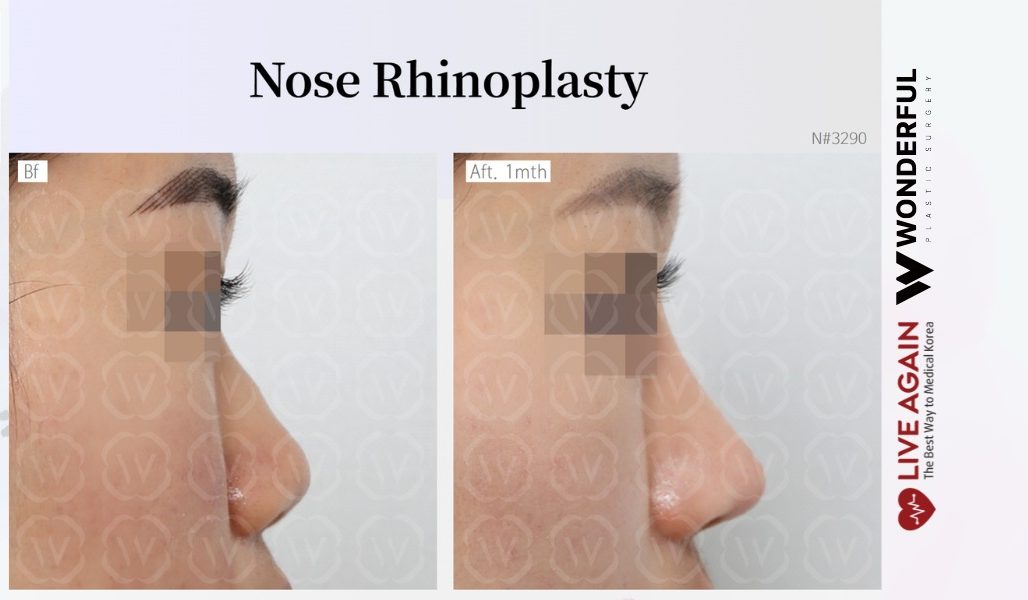Ovarian cancer is one of the silent cancers, with over 70% of patients diagnosed at stage III C.
Dr. Choi Min Chul from the gynecologic cancer center has a patient named Ms. A, who is diagnosed with ovarian cancer.

Time from stage III C ovarian cancer to non-recurrence
In April 2015, Ms. A was diagnosed with stage III C ovarian cancer. A CT scan revealed her abdomen filled with ascitic fluid and tumors observed in both ovaries. The CA125 level, a tumor marker for ovarian cancer, was 1085 U/mL, significantly higher than the normal value of 35 U/mL. These findings are characteristic of stage III C ovarian cancer.
About 80% of ovarian cancer patients experience recurrence. Ms. A has also had four recurrences, each treated appropriately. She underwent tumor reduction three times, 18 cycles of chemotherapy, and HIPEC (Hyperthermic Intraperitoneal Chemotherapy) to combat the recurrence of cancer, all with the multidisciplinary team at CHA Bundang Medical Center. She maintained treatment for two years starting in September 2019 and currently shows no signs of recurrence.
PARP inhibitors are available to confirmed patients with BRCA gene mutations.
According to Dr. Choi Min Chul, it was possible to surgically remove the recurrent lesion during her last surgery, and HIPEC enabled the elimination of remaining microscopic lesions to prevent cancer recurrence. The detection of the BRCA1 gene mutation may have also contributed to this outcome.
Initially, Ms. A could not identify a BRCA gene mutation from her blood test, but it was found in her tissue during her fourth treatment. This allowed her to continue treatment with oral targeted therapy (PARP inhibitor).
Research has shown that patients with a BRCA mutation who undergo PARP inhibitor treatment, specifically olaparib, after primary surgery or chemotherapy have a higher 7-year survival rate compared to those without olaparib. This research indicates that oral targeted therapy with PARP inhibitors offers the most promising results in the treatment of ovarian cancer currently.
Always strive to stay optimistic throughout the treatment process.

Source: News | CBMC (chamc.co.kr)

